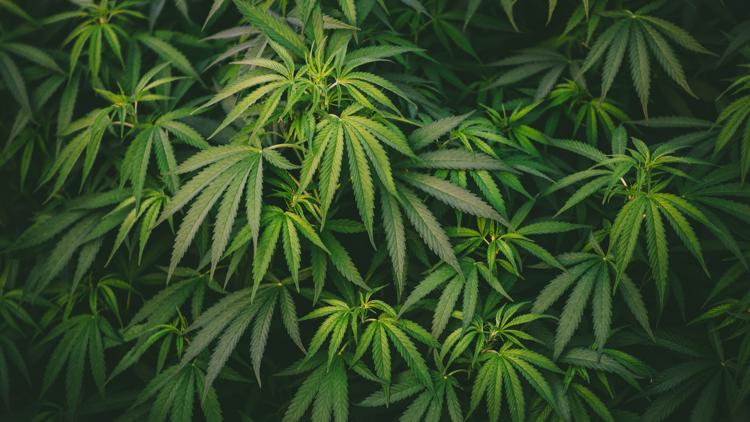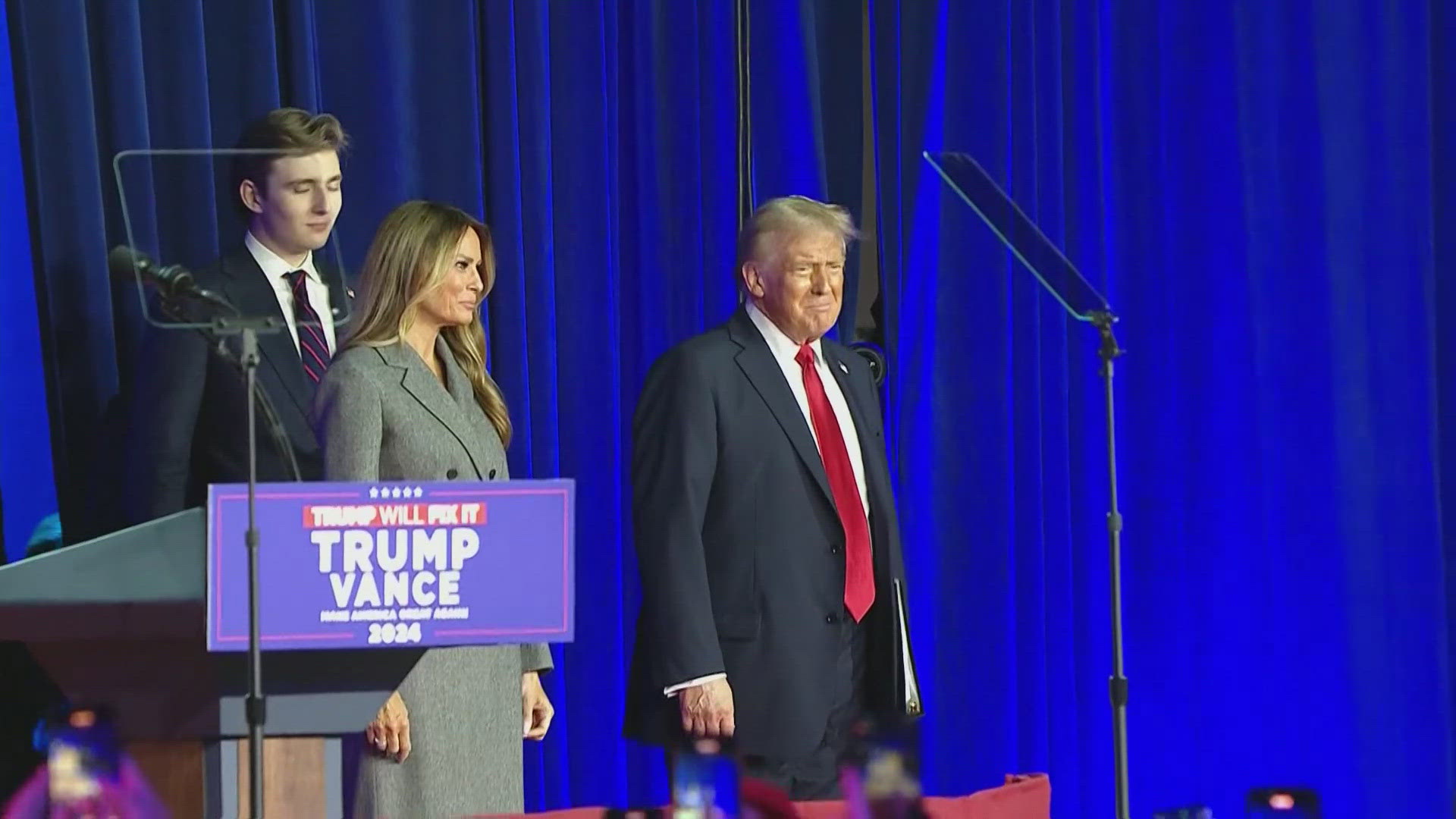DALLAS — Dallas voters approved a petition-driven ballot proposition to decriminalize possession of four ounces or less of marijuana.
Also dubbed the “Dallas Freedom Act” by supporters, the ballot proposition was spearheaded by a self-described progressive group called Ground Game Texas.
A wide majority of voters supported Proposition R.
Proposition R bans the Dallas Police Department from making arrests or issuing citations for people with four ounces or less of marijuana except as part of larger felony investigations. It would also prohibit the smell of marijuana being used as probable cause for searches or seizures.
"Together, we’ve taken a big step toward justice, freedom, and a better future for our community," Ground Game Texas said in a social media post. "This is more than a victory for marijuana decriminalization—it’s a win for the people of Dallas!"
Possession of 2 ounces or less of marijuana is a Class B misdemeanor punishable by up to 180 days imprisonment and a fie up to $2,000.
Possession of between 2 and 4 ounces of marijuana is a Class A misdemeanor punishable by up to a year in jail and a fine up to $4,000.
Ground Game Texas Field director Natalie Marquez has called the proposition “a step toward broader social justice, smarter use of public resources and protecting civil liberties in Dallas.” Ground Game Texas also shared that the initiative received high-profile support from the likes of Willie Nelson.
Former Dallas Police Chief Eddie Garcia, though, warned that the proposition could have a negative impact on public safety.
“In my 32 years in law enforcement, in my opinion, it could lead to increased illegal sales and deterioration of quality of life in certain areas of our city,” Garcia told the city council in August.
Earlier this year, Texas Attorney General Ken Paxton sued five cities, including Denton in North Texas, over ordinances to deprioritize misdemeanor marijuana enforcement.
Texas is among the states that haven't legalized marijuana for broad use, but the state has a medical marijuana program called by the Texas Compassionate Use Act passed in 2015. Through the program, DPS operates an online registry of physicians who can prescribe low tetrahydrocannabinol (THC) to patients with specific medical conditions.
The 2018 Farm Bill defined “hemp” as “cannabis and derivatives of cannabis” with no more than 0.3% THC on a dry-weight basis and separated hemp from the definition of marijuana in the Controlled Substances Act, according to the FDA.
Then, in 2019, Texas legalized the production, manufacture, sale and inspection of industrial hemp crops and products, including those for “consumable hemp products which contain cannabidiol (CBD), as well as other edible parts of the hemp plant,” according to the Texas Department of Agriculture.



